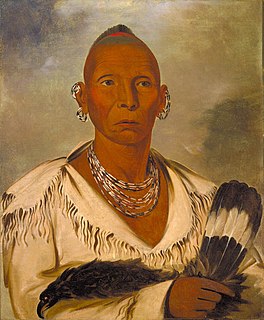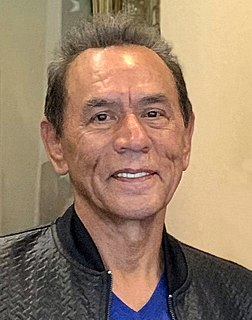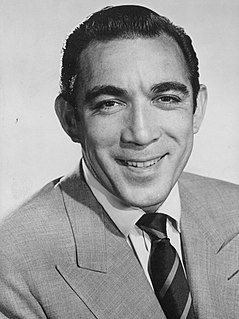A Quote by B. R. Ambedkar
I want all people to be Indians first, Indian last and nothing else but Indians.
Related Quotes
We need to give out portrayal of ourselves. Every non-Indian writer writes about 1860 to 1890 pretty much, and there is no non-Indian writer that can write movies about contemporary Indians. Only Indians can. Indians are usually romanticized. Non-Indians are totally irrepsonsible with the appropriation of Indians, because any time tou have an Indian in a movie, it's political. They're not used as people, they're used as points.
The white men despise the Indians, and drive them from their homes. But the Indians are not deceitful. The white men speak bad of the Indian, and look at him spitefully. But the Indian does not tell lies; Indians do not steal. An Indian, who is as bad as the white men, could not live in our nation; he would be put to death, and eat up by the wolves.
Before AIM, Indians were dispirited, defeated, and culturally dissolving. People were ashamed to be Indian. You didn't see the young people wearing braids or chokers or ribbon shirts in those days. Hell, I didn't wear 'em. People didn't Sun Dance, they didn't Sweat, they were losing their languages. Then there was that spark at Alcatraz, and we took off. Man, we took a ride across this country. We put Indians and Indian rights smack dab in the middle of the public consciousness for the first time since the so-called Indian wars.
We, as Indian tribes, should be able to prosecute non-Indians on tribal lands. But on Indian land, we have no ability to prosecute anyone but another Indian. American Indians having status as a foreign nation is good for us, but it's not good in some ways if we don't have the jurisdictional power that the federal government claims.
We know from our recent history that English did not come to replace U.S. Indian languages merely because English sounded musical to Indians' ears. Instead, the replacement entailed English-speaking immigrants' killing most Indians by war, murder, and introduced diseases, and the surviving Indians' being pressured into adopting English, the new majority language.
The turn of the century was the lowest point for the devastation of Indian culture by disease and persecution, and it's a wonder to me that they survived it and have not only maintained their identity, but are actually growing stronger in some ways. The situation is still very bad, especially in certain geographical areas, but there are more Indians going to school, more Indians becoming professional people, more Indians assuming full responsibility in our society. We have a long way to go, but we're making great strides.
One of the prime backers of land bill was a Republican Congressman, a Paul Gosar. And when he was challenged by an Apache on this bill, he said, well, you know, Indians are wards of the federal government. This happened recently.That congressperson is obviously stuck in the 19th century when he thinks about Indians. How is that person going to legislate and treat Indians fairly and respect their rights when he has this sort of infantilized image of Indians as not being, you know, up to the same level of responsibility as everybody else?
All I try to do is portray Indians as we are, in creative ways. With imagination and poetry. I think a lot of Native American literature is stuck in one idea: sort of spiritual, environmentalist Indians. And I want to portray everyday lives. I think by doing that, by portraying the ordinary lives of Indians, perhaps people learn something new.
Suddenly the land is haunted by all these dead Indians. There is this new fascination with the Southwest, with places like Santa Fe, New Mexico, where people come down from New York and Boston and dress up as Indians. When I go to Santa Fe, I find real Indians living there, but they are not involved in the earth worship that the American environmentalists are so taken by. Many of these Indians are interested, rather, in becoming Evangelical Christians.
There aren't a lot of alternative roles for Indian actors. I think we've fallen short of portraying Indians in the media. We don't need to make another Dances With Wolves, because it's not an Indian movie. When Indians portray themselves, then we have a different perspective. I've been asked about making period pieces but I've never read one that wasn't about guilt, and I'm not trying to make a guilt film.
































